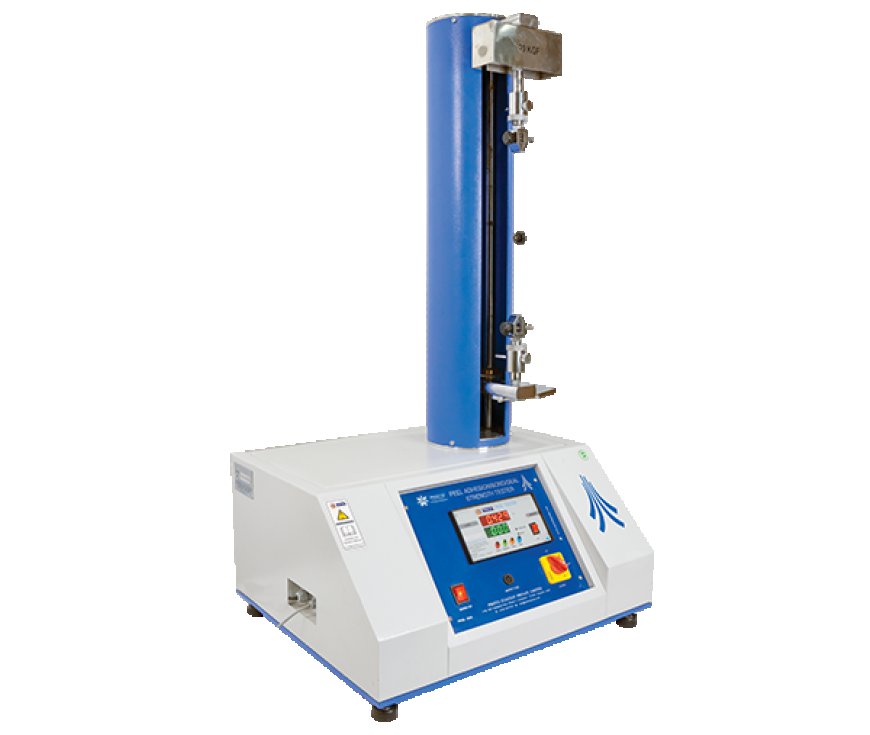How Peel Strength Testers Enhance Product Reliability and Performance
peel strength tester

Join our subscribers list to get the latest news, updates and special offers directly in your inbox

In the world of manufacturing and material testing, ensuring the durability and reliability of adhesive bonds is crucial. Whether it's for packaging, electronics, or automotive components, a peel strength tester plays a vital role in evaluating the bond strength of materials. This test determines how well two surfaces, bonded by adhesives, hold up under stress or when subjected to forces that attempt to separate them.
Peel strength testing measures the force required to peel a bonded material from a substrate. It is particularly important in industries where adhesion quality is essential, such as in packaging, medical device manufacturing, and the automotive sector. A peel tester machine simulates real-world conditions by applying a controlled force to separate bonded materials, assessing their adhesive properties and helping manufacturers understand how the bond will perform under stress.
The peel bond strength tester operates by fixing one end of the bonded material while pulling the other end at a controlled speed. This process mimics real-world conditions, such as the force that a sticker or label might face when peeled off a surface. The force required to peel the material is measured in terms of force per unit length, which helps to assess the overall adhesion quality.
There are several types of peel tests, including 180-degree peel tests, 90-degree peel tests, and T-peel tests, each suited for different materials and applications. The test provides valuable insights into how an adhesive or sealant behaves under stress, helping manufacturers make informed decisions about the materials and adhesives they use.
Peel strength testing is vital for ensuring product quality and performance. For example, in packaging, poor adhesive bonding can result in labels or seals that peel off too easily, compromising the integrity of the product. In the automotive or aerospace industries, weak adhesive bonds could lead to failures in critical components.
For manufacturers, peel strength testers are an essential tool for quality control. They help identify weak adhesive bonds early in the production process, reducing the risk of product failure in the field. By performing these tests, businesses can prevent costly product recalls, improve customer satisfaction, and ensure that their products meet industry standards.
In conclusion, whether you're in packaging, automotive, or electronics, a peel strength tester is an indispensable tool for assessing the quality and durability of adhesive bonds. With precise and reliable results, this testing equipment helps manufacturers produce high-quality products that can withstand real-world stress. Investing in a peel tester machine ensures that your materials will perform as expected, giving your customers peace of mind and saving you time and money in the long run.
TheSixMoving Sep 23, 2024 2 14750
luxuryresidences Apr 30, 2025 0 10906
veronicablogz Sep 10, 2024 0 2949
sonalikaverma Oct 7, 2024 0 767
Zanto Oct 9, 2024 0 124
Zanto Oct 7, 2024 0 182
Zanto Oct 2, 2024 0 155